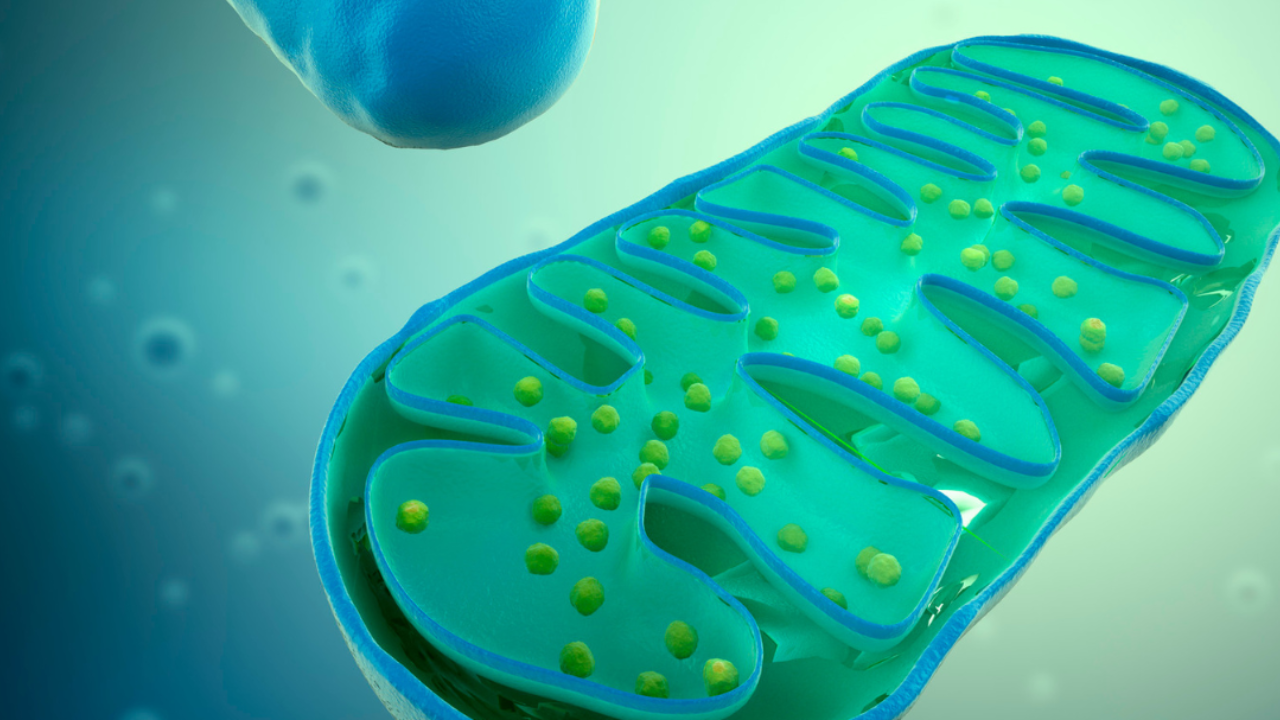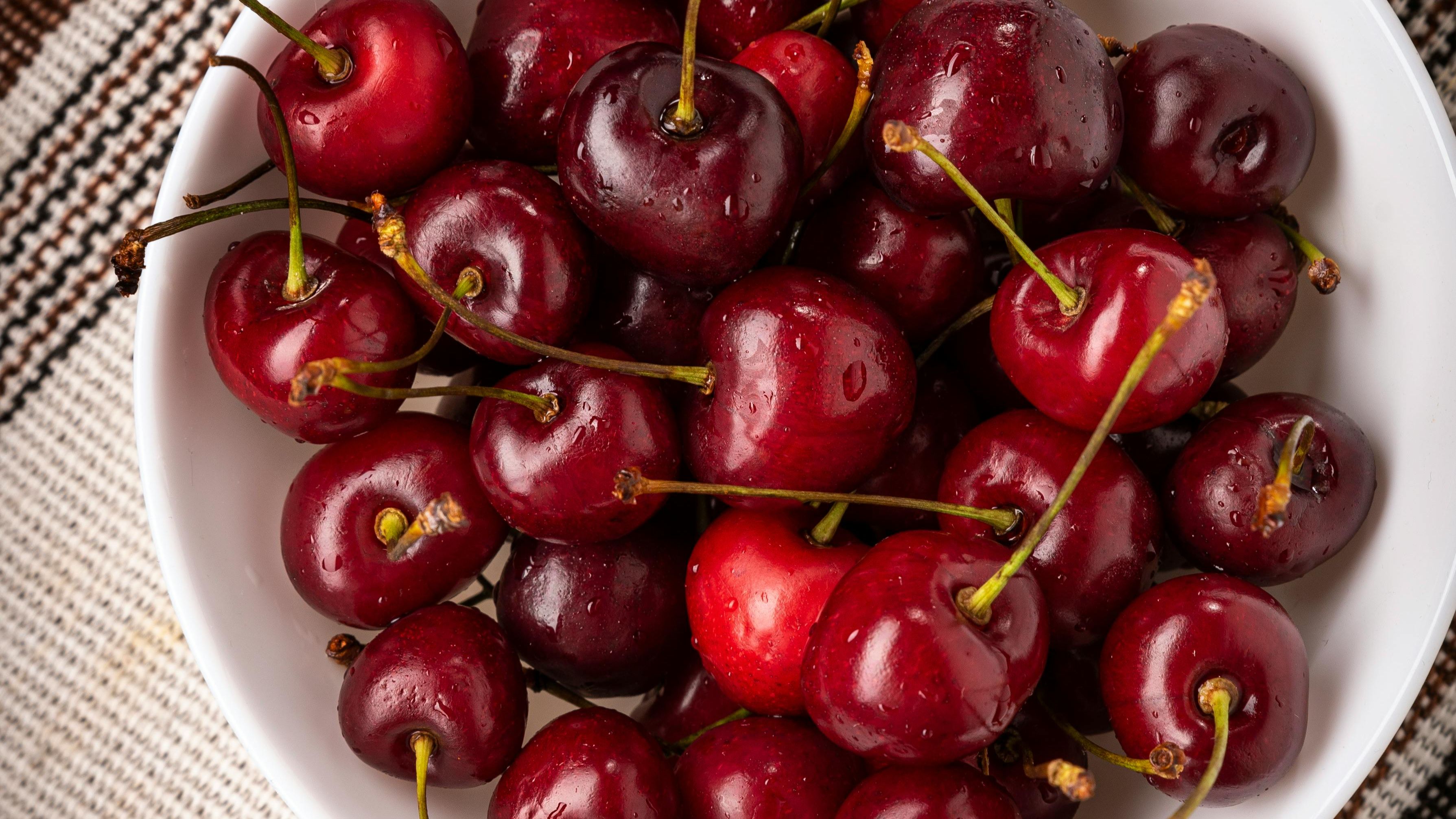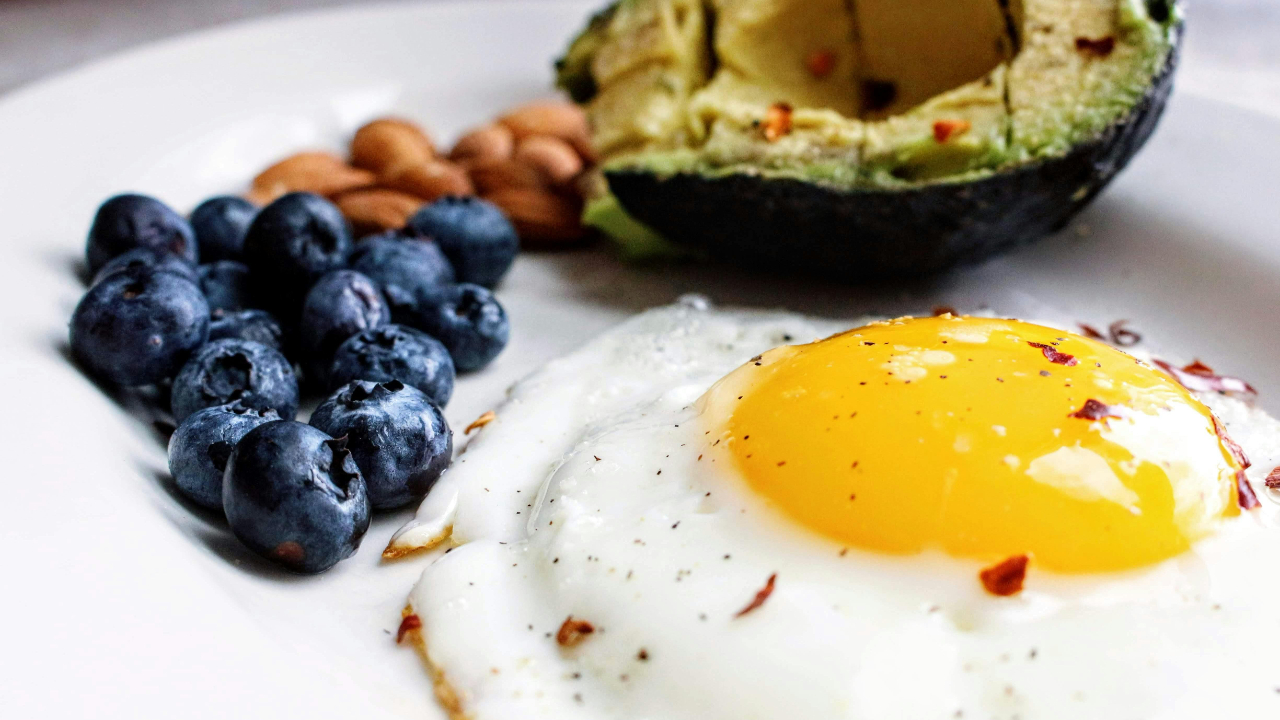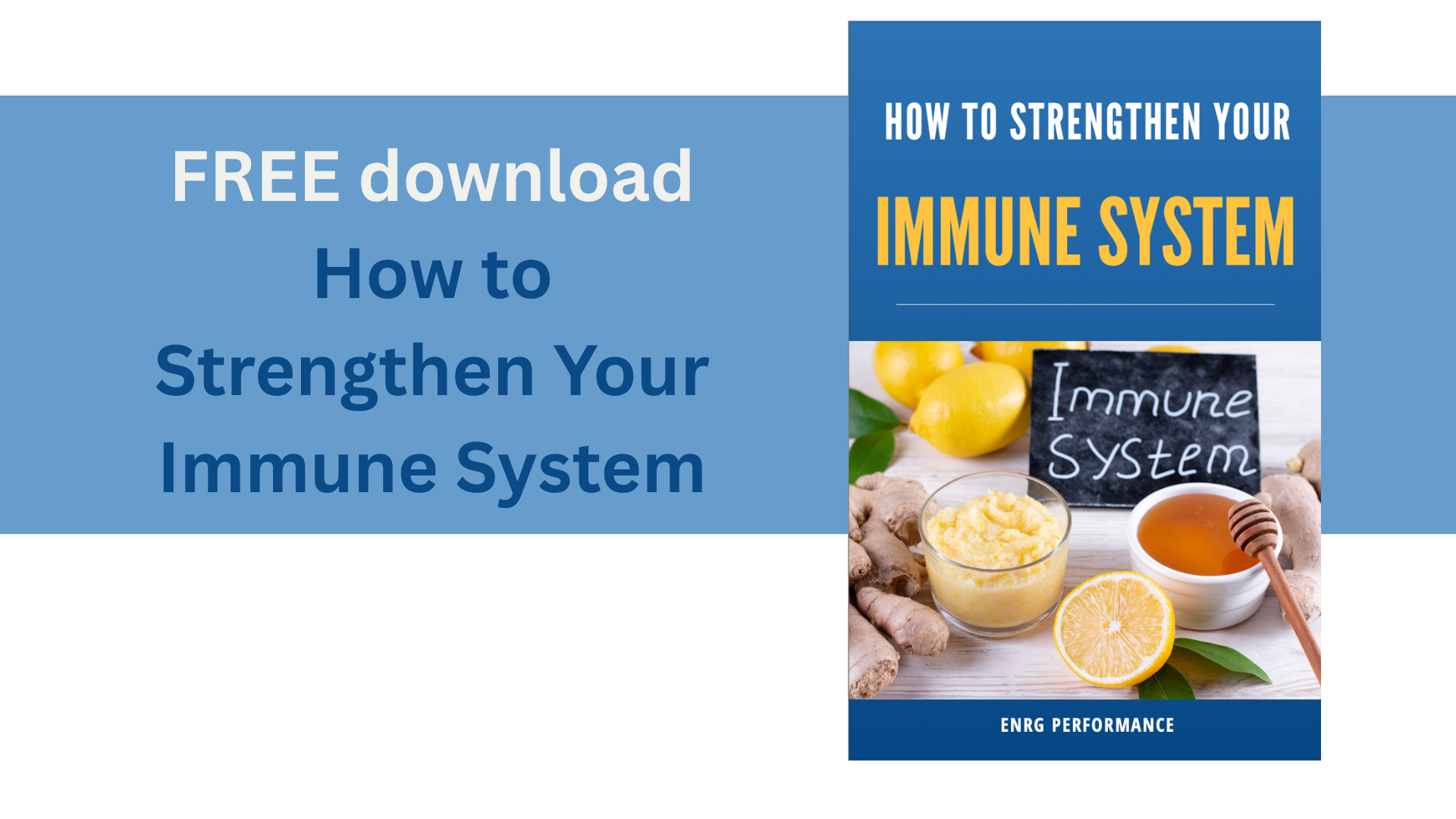How to Fix Your Gut - Part 2
Dec 16, 2024
Hopefully you've read Part 1 in my “how to fix your gut series”.
If you tried Part 1 and implemented the FODMAP diet and identified your trigger foods, now it’s time to work on the second step in the process which is improving the wonderful microbiome (read my past article here to get up to speed).
Step 2 in the process is all about introducing prebiotics (of course, the ones that are safe for your digestive system as you learned through implementing the FODMAP diet).
Prebiotics are a type of dietary fiber that feed the beneficial bacteria in your gut. Unlike probiotics (live bacteria), prebiotics act as a food source for these microorganisms, helping them thrive and maintain a balanced gut microbiome. A healthy microbiome plays a key role in digestion, immunity and mental health.
Why are prebiotics important for gut health, you ask? Well, they...
-
Promote beneficial bacteria growth: Prebiotics support the growth of "good" gut bacteria like Bifidobacteria and Lactobacilli.
-
Improve digestion: They help regulate bowel movements and reduce symptoms like bloating and constipation.
-
Boost immune function: A balanced gut microbiome can strengthen your immune system by reducing inflammation and protecting against pathogens.
-
Enhance nutrient absorption: Prebiotics aid in the absorption of essential nutrients, including calcium and magnesium.
-
Support overall health: By maintaining gut health, prebiotics contribute to better mental health and reduced risk of chronic diseases like obesity and diabetes.
Here are some top food sources of prebiotics (but of course, if any of these are trigger foods for you based on your FODMAP progression, do not include them):
-
Vegetables such as asparagus, onions, garlic, leeks and artichokes.
-
Fruits such as bananas (especially unripe), apples and berries.
-
Grains such as whole grains like oats, barley and wheat bran.
-
Legumes such as lentils, chickpeas and kidney beans.
-
Nuts and seeds such as flaxseeds, ground flax and chia seeds.
Aim to include between 5-8 servings of prebiotic rich foods in your daily nutrition plan. It’s much easier than you think and your gut will thank you as you will be on the road to better digestive health before you know it!
Need some extra help? Reach out to one of our AMAZING Sport Dietitians and set up a consultation to get you on the right plan to improve your digestive health.
PS - If you really want to take control of your digestive health, purchase my Eliminating GI Distress in Endurance Athletes self-study course.
PPS - Subscribe to the eNRG Performance YouTube Channel for some great nutrition videos!
SUBSCRIBE AND WE WILL DROP SOME HEALTHY INSPIRATION IN YOUR INBOX
We hate SPAM. We will never sell your information, for any reason.







